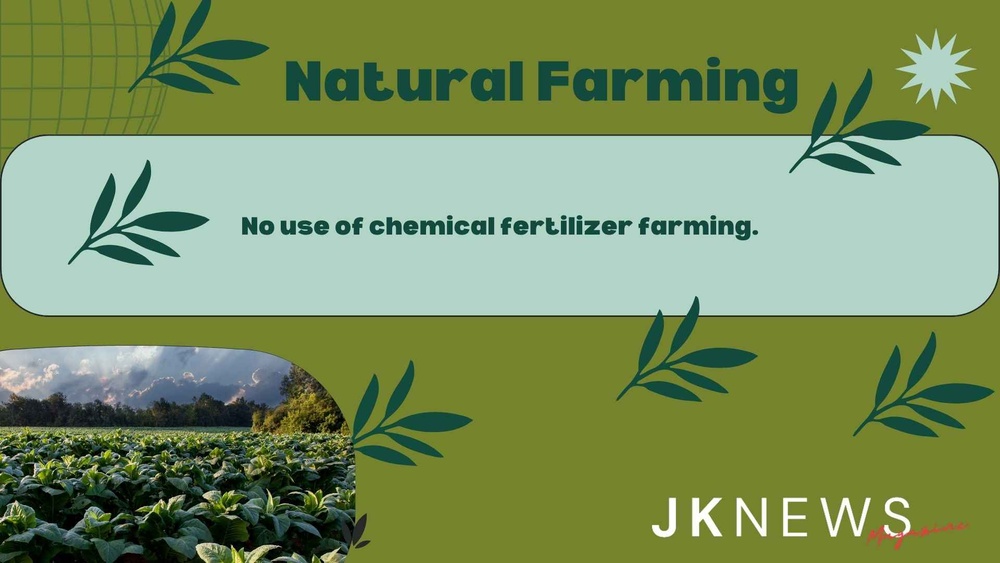Introduction to Natural Farming
Natural farming is an agricultural approach that eliminates the use of synthetic chemicals, encouraging the use of on-farm inputs prepared by farmers themselves. This method promotes functional biodiversity, with the indigenous breed of cow playing a crucial role in preparing inputs like cow dung and cow urine. The primary goals of natural farming include restoring soil health, increasing biodiversity, efficient use of land and resources, promoting local livestock breeds, and improving farmers’ incomes.
Pioneers of Natural Farming
The term was first advocated by Masanobu Fukuoka, a Japanese farmer and philosopher, in his book “The One-Straw Revolution.” In India, Subhash Palekar, known as the Father of Natural Farming in India, developed Subhash Palekar Natural Farming (SPNF) and was awarded the Padma Shri in 2016.
Practices
It incorporates the use of local variety seeds, on-farm produced seed dressing (bijamitra), microbial inoculants for soil enrichment (Jivamitra), cover crops, mulching with organic matter, mixed cropping, integration of trees, pest management, livestock integration, and water conservation.
Difference between organic and ecological farming:-
Organic farming is a farming which is based on principle of the use of organic fertilizers and pesticides prepared from the plants and animals. The difference between the organic and ecological farming is that it has crop rotation as major characteristic feature.In 2024, the total area under the organic farming certification process is 7.3 million hectare. Sikkim is the first organic state in the world.
Adoption in India
Indian farmers are increasingly adopting natural farming due to its potential to double their income, generate employment, conserve the environment, improve consumer health, and enhance crop yield. Currently, India has 6.5 lakh hectares under natural farming, with leading states like Andhra Pradesh, Karnataka, Himachal Pradesh, Gujarat, Uttar Pradesh, and Kerala. Andhra Pradesh has implemented community-based farming through Rythu Sadhikara Samstha.
Government Initiatives
The Indian government has launched initiatives such as the National Mission of Natural Farming, aiming to cover 7.5 lakh hectares under 15,000 clusters, with financial assistance of Rs 15,000 per hectare per year for three years. Other initiatives include the Paramparagat Krishi Vikas Yojana (PKVY) and Climate Smart Agriculture (CSA).
G20 Summit
Automated farming is discussed in the three day Agriculture Working Group Meeting in G20 Summit in Hyderabad. The government is committed to make policy and action plans for the food security and nutrition. The Working Group discussed about the climate smart agriculture approach, sustainable agriculture, food security, climate resilient technologies and farming approaches. ICAR has develop the climate suitable varieties for the ecological farming and sustainable agriculture system.
Challenges
Challenges include inadequate irrigation facilities, labor-intensive preparation of on-farm inputs, and lack of crop diversity due to no assurance of Minimum Support Price. Addressing these issues requires legislation for Minimum Support Price, promotion of millet, consumer awareness campaigns, significant government investment, hands-on training for farmers, private sector partnerships, and promotion of local agricultural products.
Conclusion
Natural farming offers hope for farmers and consumers, promising a sustainable and healthy future for agriculture.The work should be done in the education sector for the improving the course of the agriculture. Automated farming will reduce the burden of the lifestyle disease. The policy should be prepared to give utmost importance to small and marginal farmers. Although, there is a long way to go but it should be a collective responsibility. It should be the government and farmer hand in hand job but also society contribution of the society by kitchen garden promotion. The kitchen garden will in the promotion of the local variety and will reduce the supply-chain burden.
“Automated farming is a hope against hope for farmers and consumers.”

